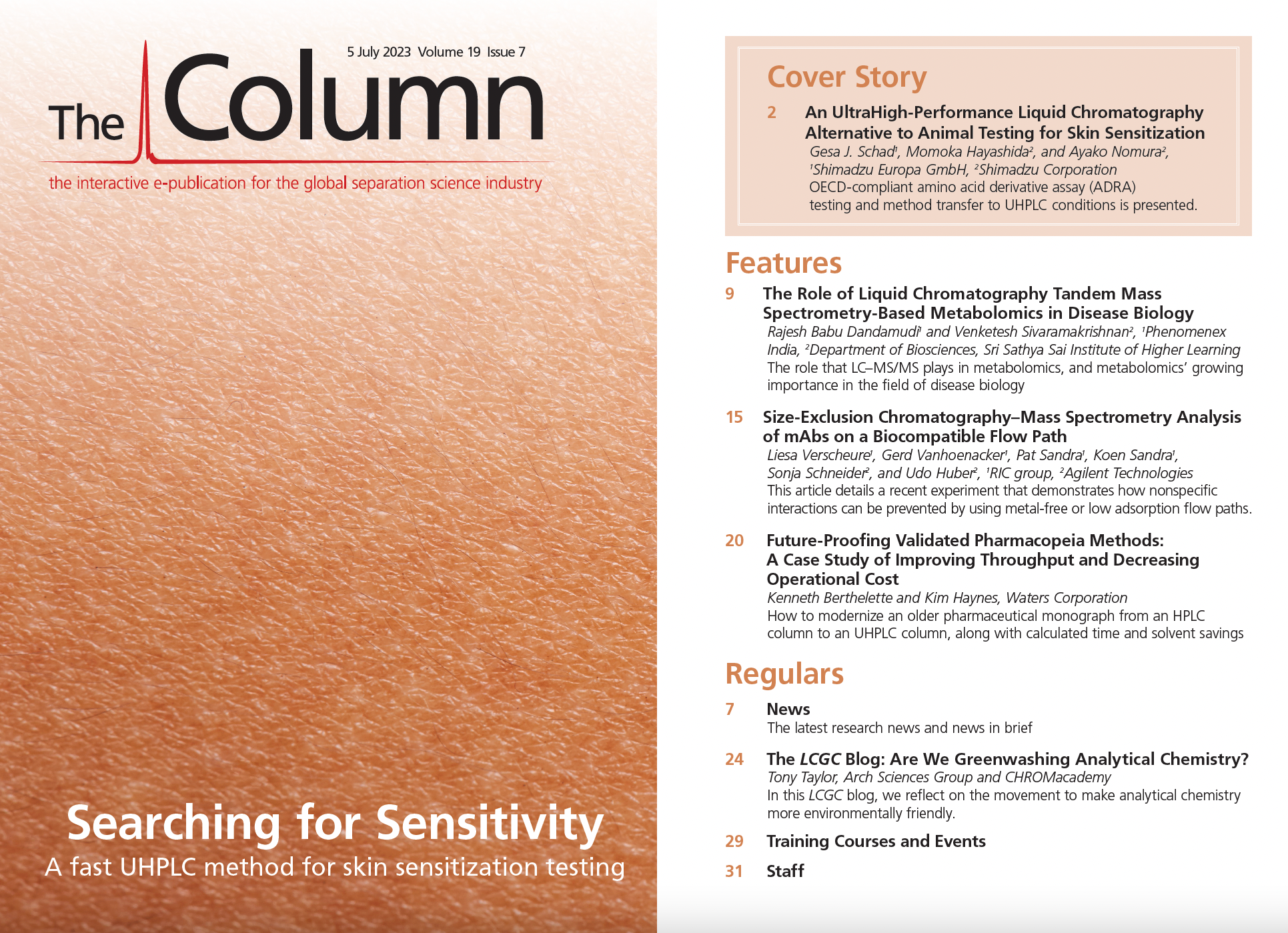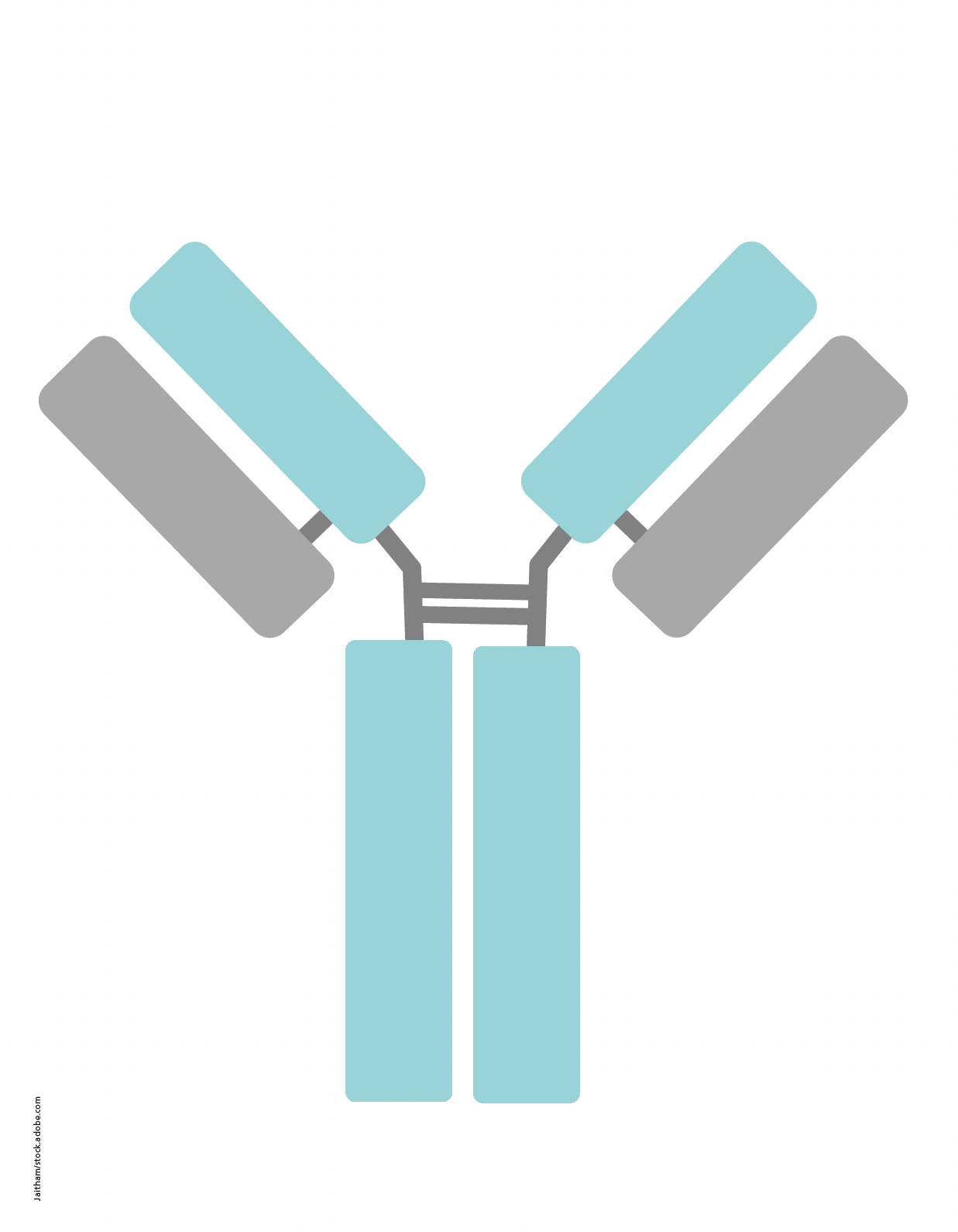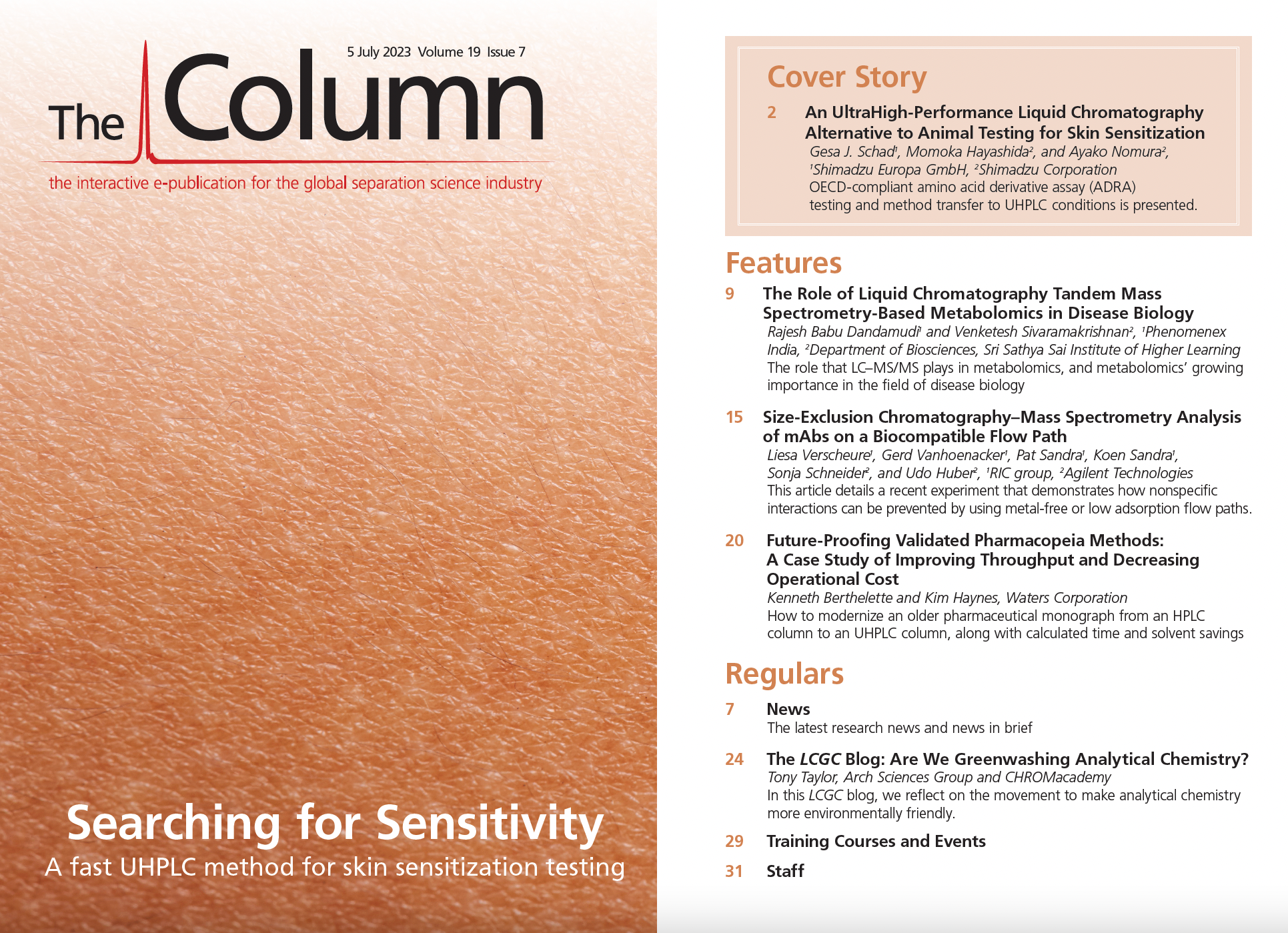HPLC 2023 Opening Ceremony Highlights
One of the main highlights of the chromatography calendar, HPLC 2023—which was held in Düsseldorf this year—kicked off on Sunday 18 June 2023. The event was a success in terms of attendance and attracted 1240 participants.
After an introduction from this year’s organizers—Oliver Schmidt from the University of Duisberg-Essen, Germany, and Michael Lämmerhofer from the University of Tübingen, Germany—Tony Edge from The Chromatographic Society (ChromSoc), UK, presented the 2023 Martin Medal to Janusz Pawliszyn from the University of Waterloo, Canada. The Jubilee Awards for 2021 and 2022 were given to Dwight Stoll from Gustavus Adolphus College, USA, and Martin Gilar from Waters, respectively.
Thomas H. Walter from Waters then received the Uwe D. Neue Award in Separation Science, which was presented by Martin Gilar from Waters. Finally, Gunda Köllensperger from the University of Vienna, Austria, presented the J.F.K Huber Lecture Award of the Austrian Society of Analytical Chemistry to Deirdre Cabooter from KU Leuven, Belgium.
LCGC was on the ground at HPLC 2023. For more event coverage, head to www.chromatographyonline.com/conferences/hplc

Common Challenges in Nitrosamine Analysis: An LCGC International Peer Exchange
April 15th 2025A recent roundtable discussion featuring Aloka Srinivasan of Raaha, Mayank Bhanti of the United States Pharmacopeia (USP), and Amber Burch of Purisys discussed the challenges surrounding nitrosamine analysis in pharmaceuticals.
Extracting Estrogenic Hormones Using Rotating Disk and Modified Clays
April 14th 2025University of Caldas and University of Chile researchers extracted estrogenic hormones from wastewater samples using rotating disk sorption extraction. After extraction, the concentrated analytes were measured using liquid chromatography coupled with photodiode array detection (HPLC-PDA).















